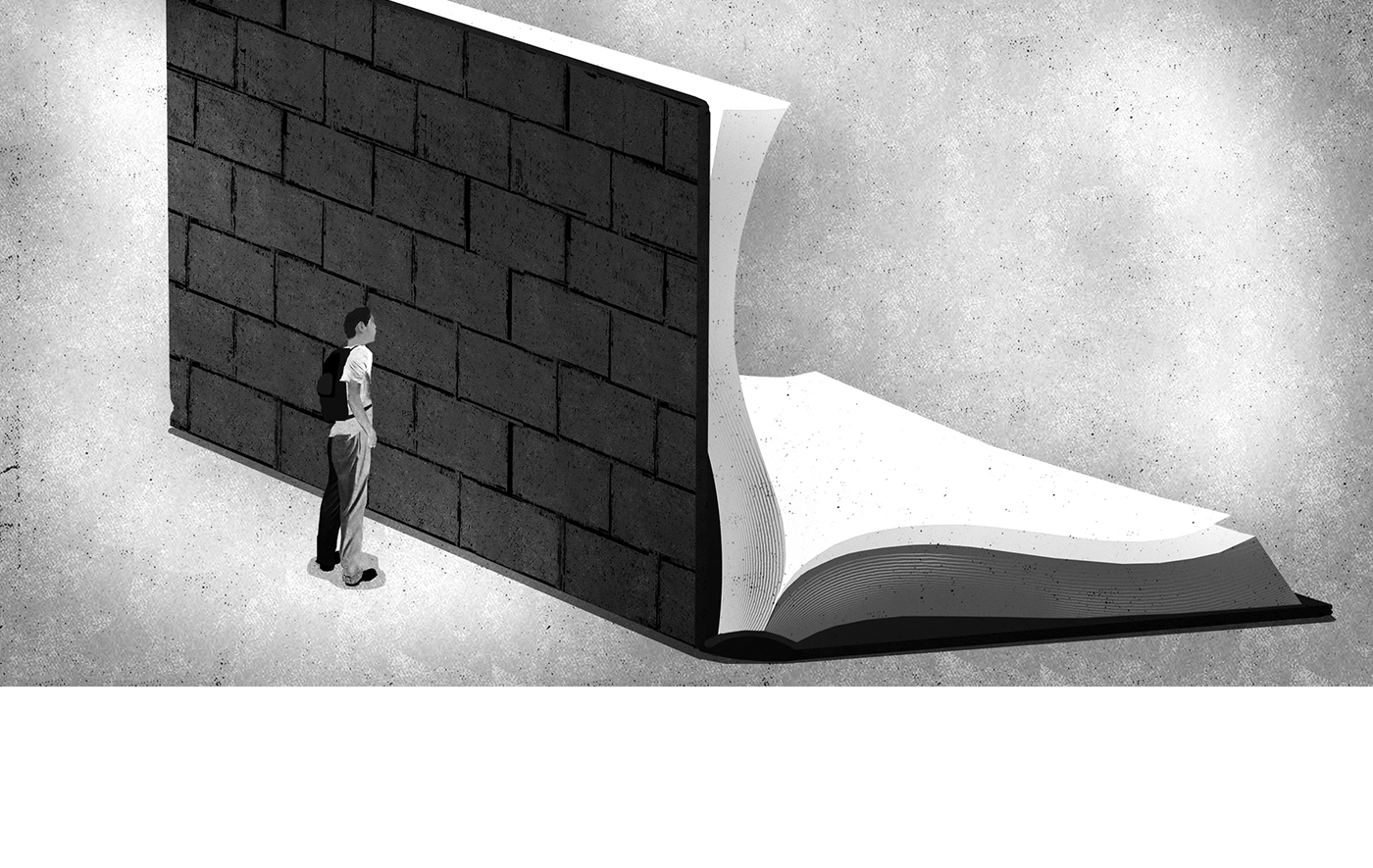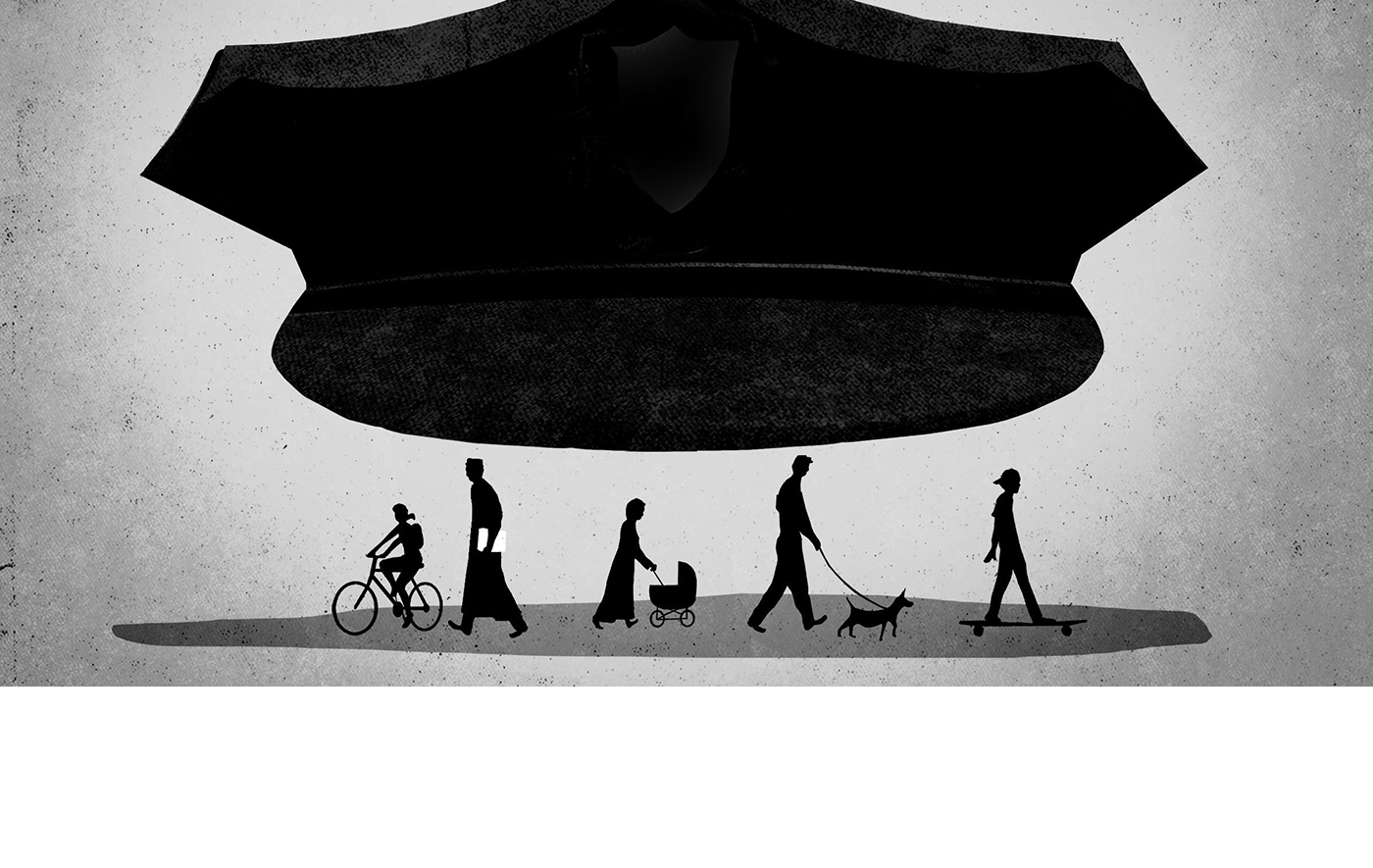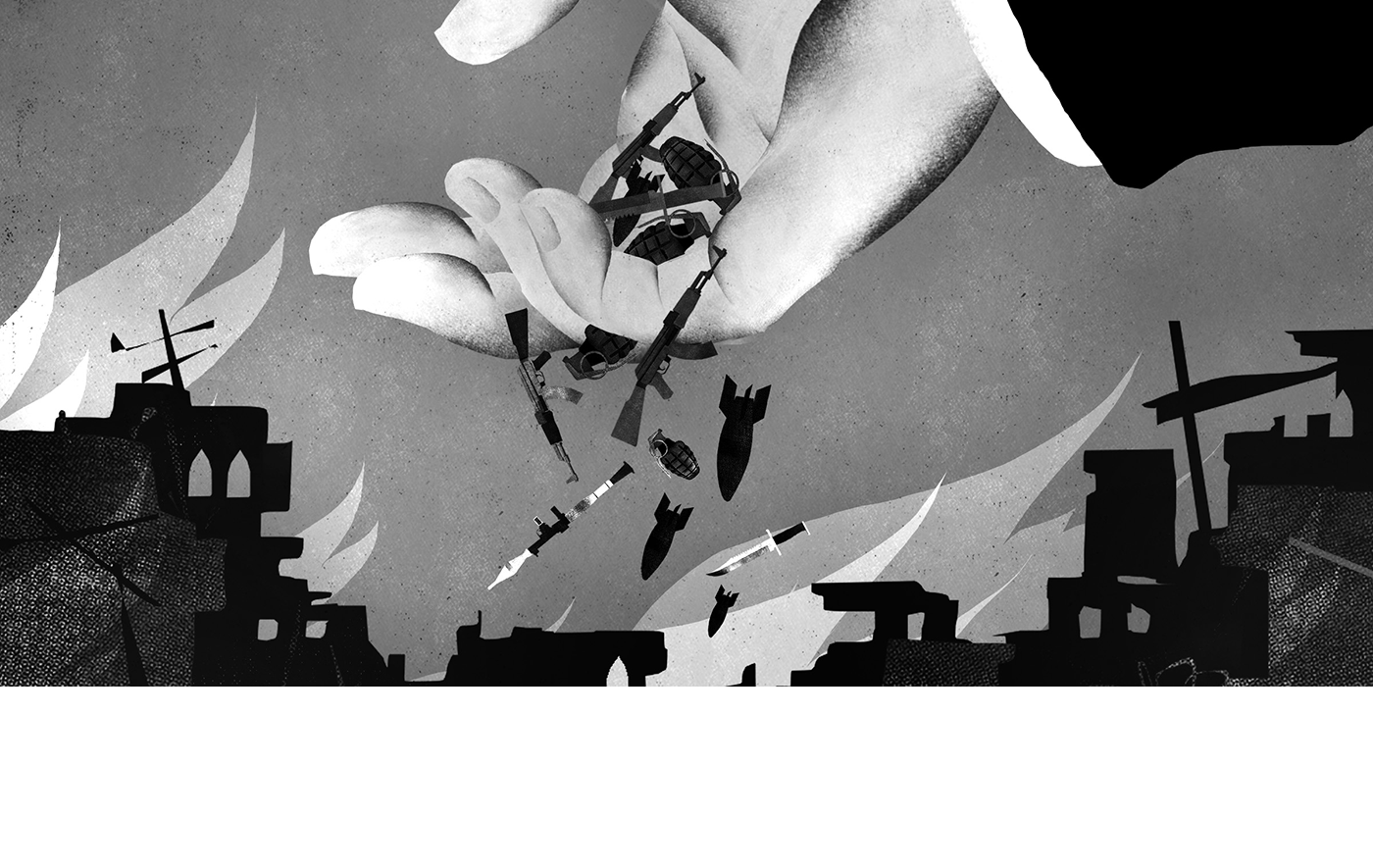Poland faced international criticism over attempts by the newly elected parliament led by the ruling Law and Justice Party to undermine the independence of the Constitutional Tribunal, the country’s highest court.
In November 2015, the parliament cancelled the appointments of all five Constitutional Tribunal judges elected under the previous government, and passed a law in December that undermined the tribunal’s functioning. When the tribunal ruled in March 2016 that the changes were unconstitutional, the government refused to publish the ruling or to change the law.
In July, the parliament adopted a revised Act on the Constitutional Tribunal. Polish NGOs expressed concern the new act would paralyze the court and affect its independence. The Constitutional Tribunal ruled that part of the new law was unconstitutional. At time of writing, the Law and Justice Party was reportedly preparing yet another draft revision of the act on the Constitutional Tribunal.
In March, the Venice Commission, the Council of Europe’s advisory body on constitutional issues, concluded that the December 2015 amendments endanger the rule of law and called on the government to implement the Constitutional Court’s judgment. In October, the Venice Commission criticized the July revised act as limiting the tribunal’s effectiveness and independence.
The crisis led the European Commission in January to activate for the first time its rule of law mechanism—created in 2014 to address rights-threatening measures by EU member states. In July, the European Commission gave the government three months to publish the Constitutional Court’s rulings and implement the Venice Commission’s recommendations. At time of writing it had yet to announce any follow-up action.
In January, Parliament adopted amendments to the Act on the Police that raised concerns on the protection of privacy online. In June, President Andrzej Duda signed into law a new Anti-Terrorist Act that introduces a vaguely defined “event of a terrorist nature,” extends investigative powers specifically on foreigners, regulates access to online content and extends arrest and search powers.
In October, Parliament withdrew a contentious proposition supported by Polish Prime Minister Beata Szydło to impose an almost total ban to abortion, following mass protests. Amid continued protests, the Law and Justice Party pressed ahead with efforts to further limit what is already one of the most restrictive abortion laws in Europe.
There continues to be little accountability for hate crimes based on sexual orientation. Anti-migrant hate speech and violence was a growing concern. Polish NGOs accused authorities of preventing asylum seekers at the border with Belarus from entering Polish territory to seek protection.
There was no sign of progress in the Krakow appellate prosecutor’s longstanding criminal investigation into a secret CIA detention and interrogation program on Polish territory.





